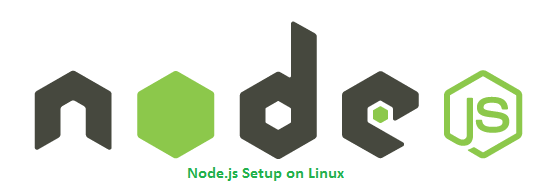Node.js is a platform built on Chrome’s V8 JavaScript engine.Nodejs can used for easily building fast, scalable network applications. Latest version
node.js ppa is maintaining by its official website. We can add this PPA to
Debian 8 (Jessie) and Debian 7 (Wheezy) systems.

Step 1. Add NodeJs PPA
First, you need to node.js PPA in our system provides by nodejs official website. We also need to install python-software-properties package if not installed already.
$ sudo apt-get install curl python-software-properties $ curl -sL https://deb.nodesource.com/setup_7.x | sudo bash -
Step 2. Install Node.js and NPM
After adding required PPA file lets install Nodejs package. NPM will also be installed with node.js. This command will also install many other dependent packages on your system.
$ sudo apt-get install nodejs
Step 3. Check Node.js and NPM Version
After installing node.js verify and check the installed version. You can find more details about current version on node.js
official website.
$ node -v v7.5.0
Also, check the version of npm.
$ npm -v 4.1.2
Step 4. Create Demo Web Server (Optional)
This is an optional step. If you want to test your node.js install. Let’s create a web server with “Hello World!” text. Create a file
http_server.js$ vim http_server.js
and add following content
var http = require('http'); http.createServer(function (req, res) { res.writeHead(200, {'Content-Type': 'text/plain'}); res.end('Hello World\n'); }).listen(3000, "127.0.0.1"); console.log('Server running at http://127.0.0.1:3000/'); Now start the web server using below command.
$ node http_server.js Server running at http://127.0.0.1:3000/
Web server has been started on port 3000. Now access
http://127.0.0.1:3000/ url in browser.
Thanks for Visit Here

Comments
Post a Comment